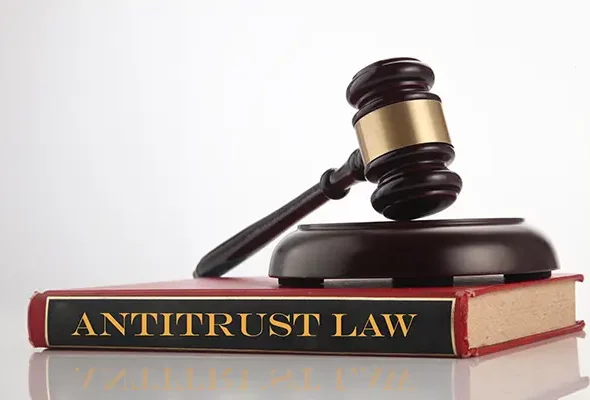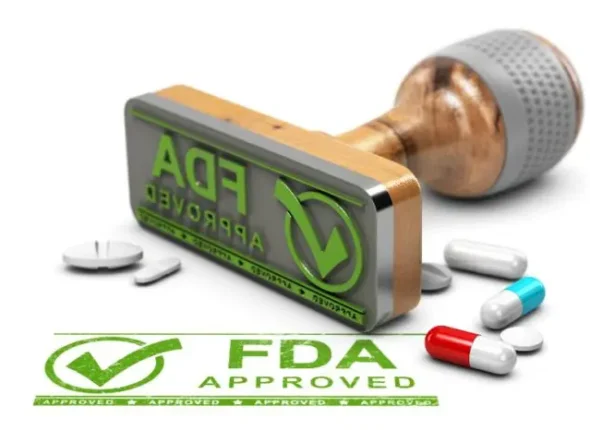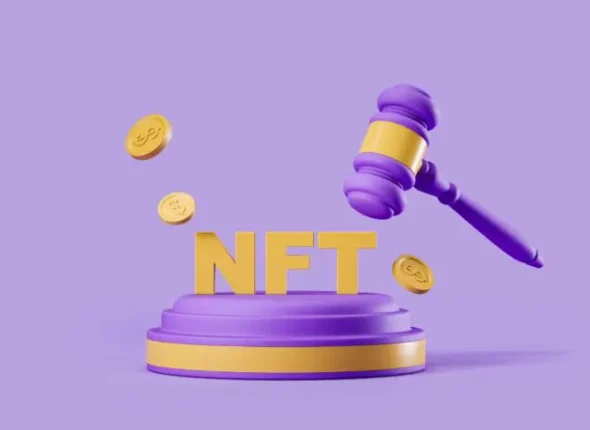New Jersey CLE | Choose Your Plan | Search for a Course

New Jersey MCLE Requirements:
Attorneys in New Jersey must complete 24 hours of NJ CLE (Continuing Legal Education) every two years, including at least 5 hours of ethics/professionalism, with a minimum of 2 hours addressing diversity, inclusion, and elimination of bias. These credits can be earned through Board-approved live seminars, webinars, or on-demand courses, offering flexibility to fit busy schedules. Attorneys are required to report their compliance by their designated deadline, and failure to meet NJ CLE requirements may result in fines or administrative suspension. Click Here for the Detailed NJ CLE Article | Click here to Visit the NJ MCLE Board.
How to Obtain CLE Credit for a Knowledge Group Course in New Jersey:
To earn CLE credit with The Knowledge Group, complete the video courses, answer the secret word questions, and download your Certificate of Attendance. All courses are approved through reciprocal accreditation in New Jersey. As an accredited provider in California, The Knowledge Group’s courses are presumptively approved.
Attendance Reporting Procedure: The Knowledge Group does not submit attendance report to Supreme Court of New Jersey. Attorneys are responsible for keeping track of their own CLE credits. Certify your attendance as you would normally do directly to your state’s MCLE administrator.
Additional Resources: The Knowledge Group Comprehensive CLE Rules Page or contact CLE support.
New Jersey CLE | Search for Single Courses
AI and Machine Learning in Capital Markets | Live Webinar
AI and Machine Learning in Capital Markets: Opportunities and Risks | Live...
Insurance Industry Fraud: Risk Mitigation Tactics | On-Demand Webinar
Kenneth P. Williams Shareholder | Segal McCambridge Singer & Mahoney A. Solomon...
Class Certification Trends in Antitrust Litigation | On-Demand Webinar
James Langenfeld Managing Director | Berkeley Research Group, LLC James A. Keyte...
FDA Enforcement Trends: Challenges & Opportunities | On-Demand Webinar
Joshua Oyster Partner | Ropes & Gray LLP Rebecca H. Williams Associate...
FINRA Arbitration Issues 2023 | On-Demand Webinar
Heather B. Middleton Counsel | Riker Danzig LLP Peter J. Tepley Partner...
SEC Executive Pay Updates | On-Demand Webinar
Simona Mola Principal | Cornerstone Research Kyla Wethli Senior Manager | Cornerstone...
Hedge & Equity Fund Formation | On-Demand Webinar
Ruth Jin Partner | Moses Singer ABCs of Hedge Fund and Private...
Crypto and Bankruptcy: Legal Crossroads | On-Demand Webinar
Matthew J. Gold Partner | Kleinberg, Kaplan, Wolff & Cohen, P.C. James...
NFTs and Crypto: Key Developments and Risks | On-Demand Webinar
Hannah E. Taylor Partner | Frankfurt Kurnit Klein & Selz PC Malgorzata...
Understanding NJ CLE Requirements for Attorneys: A Complete Guide
Attorneys practicing in New Jersey must maintain their professional knowledge and ethical standards through NJ CLE—New Jersey’s Continuing Legal Education program. This system ensures lawyers remain competent, ethical, and up to date with evolving laws and legal practices. For both new and experienced attorneys, understanding NJ CLE requirements is essential to maintaining an active license and avoiding compliance issues or penalties.
NJ CLE Requirements for New Jersey Attorneys
The New Jersey Board of Continuing Legal Education requires all active attorneys to complete 24 hours of NJ CLE every two years. These hours are designed to foster well-rounded professional development and include specific sub-requirements:
• 4 hours of Ethics and Professionalism
• 1 hour of Diversity, Equity, and Inclusion (DEI)
Attorneys who are involved in trial practice may also need to focus on courses related to litigation skills. This structured approach ensures that continuing education covers both substantive legal knowledge and ethical obligations, helping lawyers maintain the highest standards of practice in New Jersey.
How to Complete NJ CLE Credits
Attorneys can fulfill their NJ CLE requirements through multiple learning formats. Traditional in-person seminars remain popular, providing opportunities for networking and interactive discussion. However, the rise of technology has made online and on-demand courses increasingly convenient and accessible.
Approved formats for NJ CLE include:
• Live Webinars and Virtual Seminars – Participate in real-time from anywhere.
• On-Demand and Self-Study Programs – Complete courses at your own pace.
• Hybrid Events – Combine live and virtual participation for flexibility.
It is essential to ensure that courses are accredited by the New Jersey Board of Continuing Legal Education. Only accredited programs count toward NJ CLE hours, so verifying approval before registration is critical.
New Jersey also allows attorneys to track and manage credits across biennial cycles, making it easier to plan and complete CLE obligations efficiently.
NJ CLE Reporting and Deadlines
The reporting process for NJ CLE is straightforward but important. Attorneys must complete the required hours by December 31 of their biennial cycle. The Board of Continuing Legal Education provides instructions for reporting and tracking completed credits.
Failure to complete or properly report NJ CLE hours may result in administrative penalties, fines, or suspension. Attorneys should maintain records of course completion, including certificates and attendance logs, for at least three years in case of audit. Many providers report attendance directly to the Board, but it remains the attorney’s responsibility to confirm accurate credit reporting.
Value of NJ CLE
Beyond compliance, NJ CLE serves as a tool for professional growth. Attorneys can choose courses tailored to their practice areas or explore new fields, keeping their skills sharp and relevant.
For example:
• Corporate attorneys may focus on contracts, regulatory compliance, or data privacy.
• Family law practitioners can study mediation, custody procedures, and emerging case law.
• Litigators may enhance trial strategy and courtroom advocacy skills.
Ethics and professionalism courses reinforce standards for client confidentiality, conflicts of interest, and civility in practice. DEI-focused courses encourage attorneys to foster inclusivity and fairness, helping strengthen the integrity of the New Jersey legal system. By investing in NJ CLE, attorneys improve not only their own competence but also the quality of service they provide to clients.
Conclusion | NJ CLE
In conclusion, NJ CLE is more than a regulatory requirement—it is a cornerstone of professional development for New Jersey attorneys. By completing accredited courses, tracking credits carefully, and meeting reporting deadlines, lawyers can remain compliant while continuously enhancing their skills and ethical awareness.
Through NJ CLE, New Jersey attorneys demonstrate an ongoing commitment to professionalism, competence, and client service—ensuring that the legal community maintains high standards and public trust.
For the latest official NJ CLE details, forms, and FAQs, attorneys should visit the New Jersey State Unified Court System’s CLE Board website.












